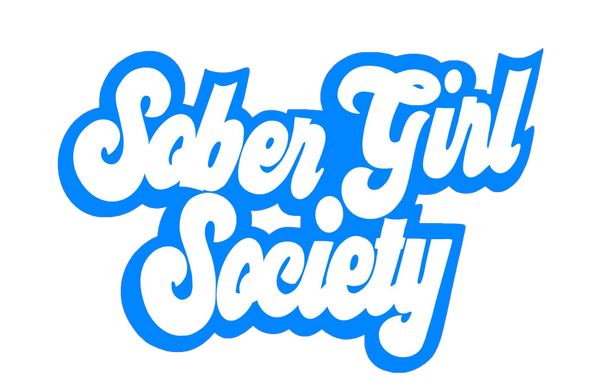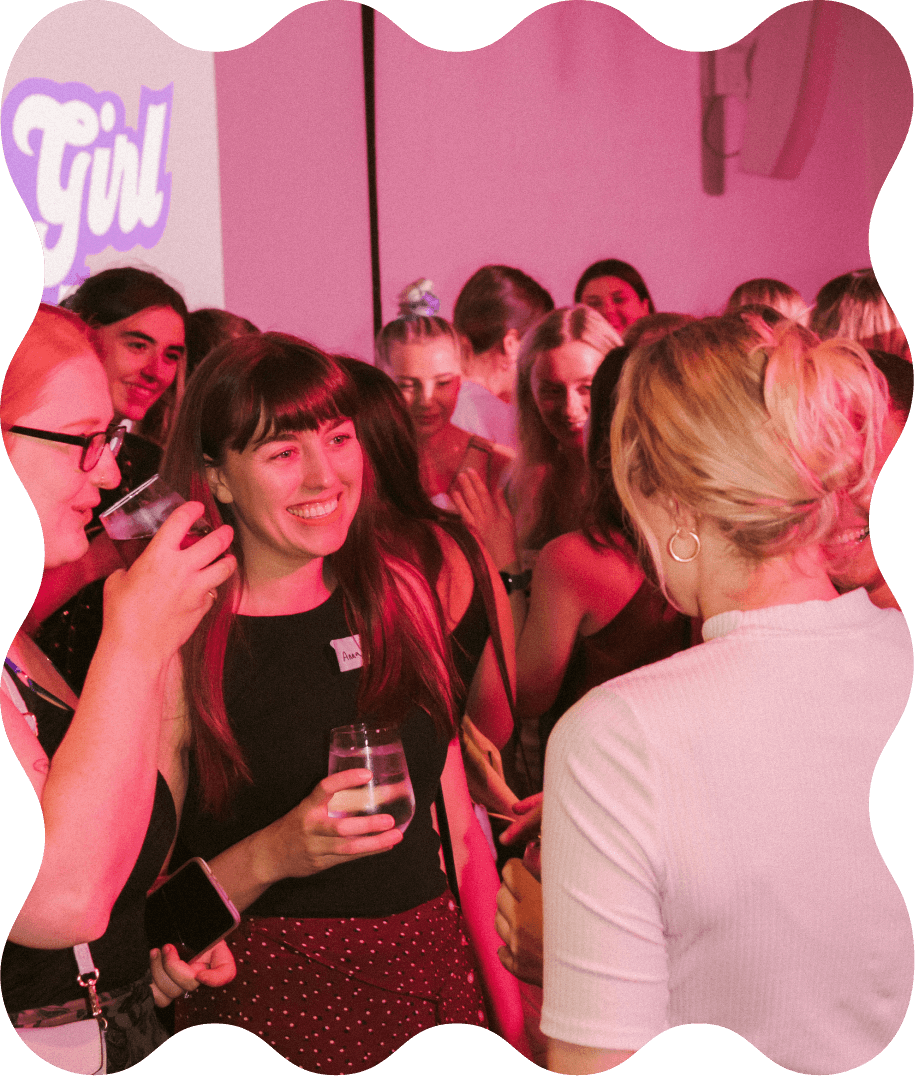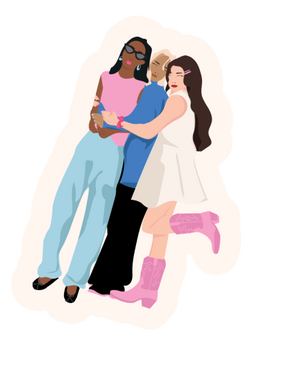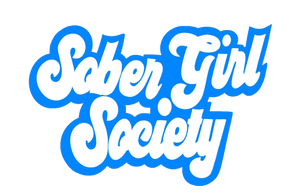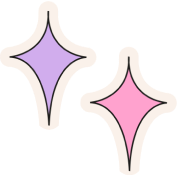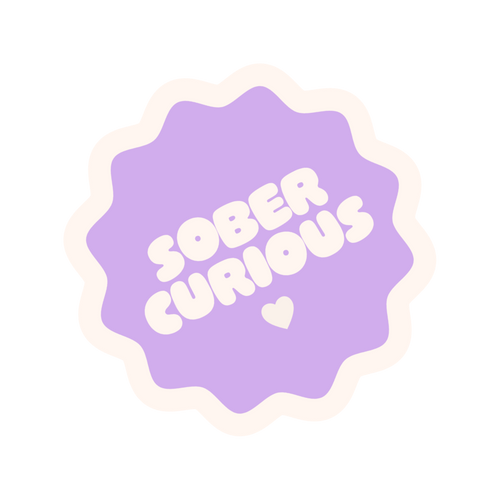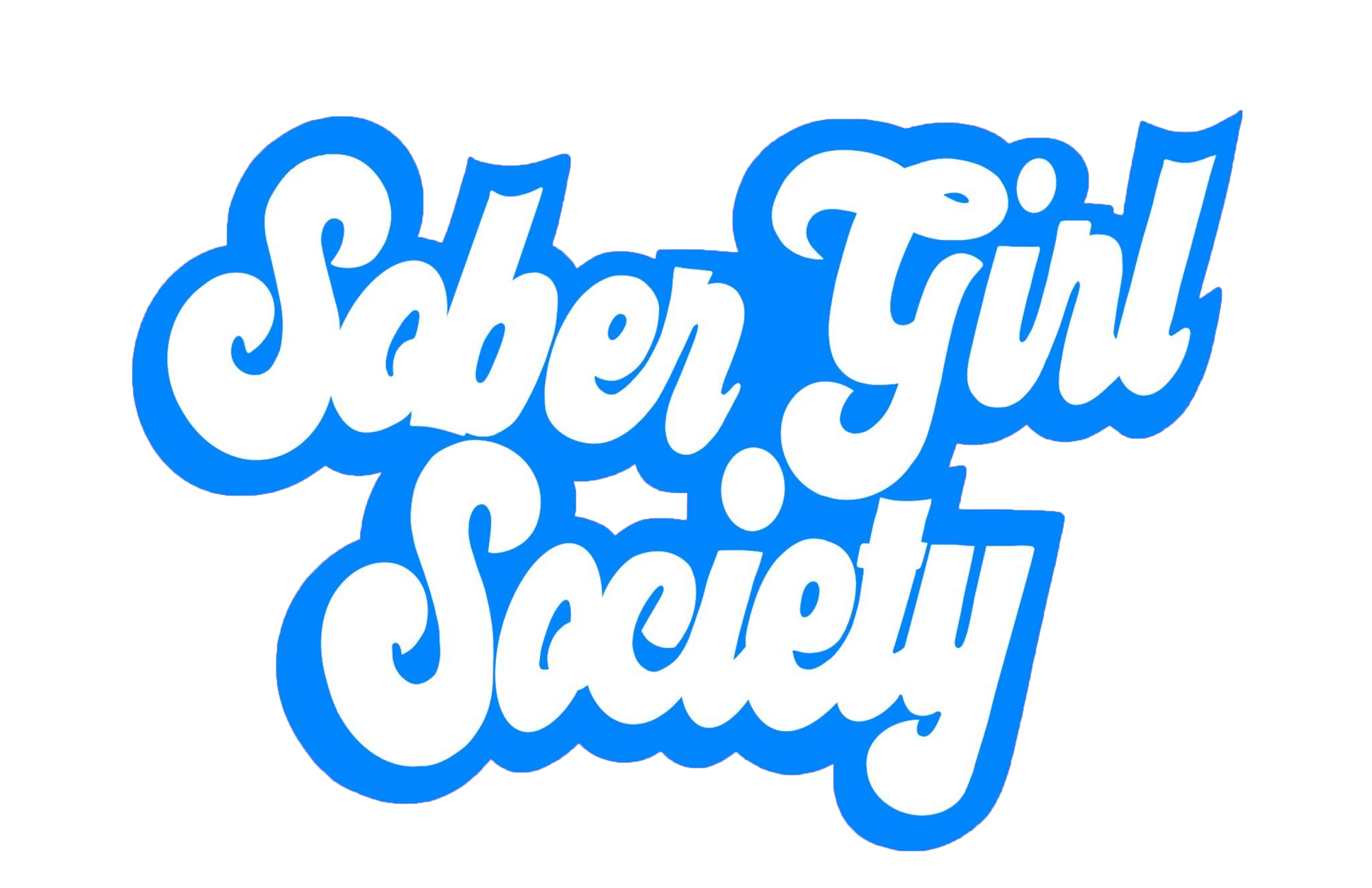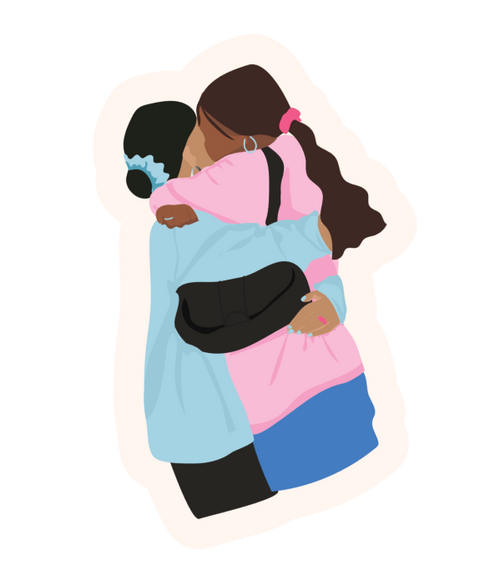Maintaining sobriety is a challenging yet rewarding journey that requires commitment, self-discipline and strong support systems. Engaging in meaningful hobbies is one of the most effective ways to sustain long-term sobriety. During recovery, hobbies become more than just pastimes. They are essential for rebuilding your life, mental health and personal identity.
Why hobbies matter in sobriety
Hobbies provide a constructive outlet for energy, emotions and thoughts, helping individuals create a fulfilling and balanced life without reliance on substances. Here’s how it works.
Preventing relapse
Boredom is one of the most common triggers for relapse. Without engaging in activities, individuals in recovery may find themselves regressing to past habits or feeling restless. Hobbies help fill idle time with purposeful and enjoyable activities, reducing the temptation to revert to old behaviors. Whether it’s painting, reading or gardening, a hobby can be a productive distraction that keeps the mind engaged.
Mental health benefits
Engaging in hobbies supports mental health by:
-
Neuroplasticity enhancement: Learning new skills stimulates brain growth and neural pathway development.
-
Mindfulness practice: Activities like gardening, art and meditation cultivate present-moment awareness.
-
Anxiety and depression management: Regular engagement in enjoyable activities reduces symptoms of co-occurring mental health challenges, particularly in older adults.
-
Cognitive rehabilitation: Some hobbies improve concentration, problem-solving and mental resilience.
-
Building a Sense of Purpose and Achievement
Hobbies provide individuals in recovery with a sense of purpose. Setting goals and achieving small milestones in a hobby can inspire a feeling of accomplishment, boosting self-esteem. Learning a new skill, completing a project or improving at a sport helps individuals regain confidence and build resilience, reinforcing the idea that they are capable of personal growth and success without the need for substances.
Improves physical health
Many hobbies, particularly those involving movement, contribute to physical well-being. Yoga, running, swimming or hiking enhance cardiovascular health, strengthen muscles, improve flexibility and promote better sleep. Regular physical activity also helps regulate mood and energy levels, essential for maintaining sobriety.
Social reconnection
Hobbies facilitate social healing through the following:
-
Authentic relationship building: Shared interests create opportunities for genuine connections.
-
Communication skill development: Group activities help rebuild interpersonal communication skills.
-
Expanding support networks: Hobby communities provide alternative social environments free from substance-use pressures.
-
Contributes to the Holistic Recovery Approach
Hobbies transform recovery from a negative view of addiction to a positive journey of self-discovery, personal growth and genuine wellness. They're not just recommended — they're essential tools for sustainable, meaningful recovery.
26 fulfilling hobbies to explore during your sober journey
Finding new passions during recovery can transform your healing journey. Here are some you can try:
1. Painting or drawing: Express emotions through visual art without judgment. Start with simple sketching and gradually explore diverse mediums like watercolors, acrylics or digital art. Many recovery centers even offer art therapy programs for interested beginners.
2. Creative writing: Transform your experiences into powerful stories, poems or journal entries. Writing helps process emotions and can provide perspective on your journey. Consider joining a writing workshop or starting a recovery blog.
3. Photography: Capture beauty in everyday moments. Photography encourages mindfulness and helps you see the world through a new lens. Start with your phone camera and progress to more advanced equipment as your skills grow.
4. Leatherworking: This art combines creativity and focus, offering therapeutic benefits and potential income by crafting unique, handmade items.
5. Pottery: Create with your hands while practicing mindfulness. Feel the clay's texture and learn to center both the clay and yourself. If you’re going through the journey with your significant other, here is one date night idea to strengthen your bond while delivering therapeutic benefits.
6. Music: Learn an instrument or join a choir. Music therapy is proven to reduce stress and anxiety. Whether you're learning guitar, piano or singing, music creates new neural pathways and provides emotional release.
7. Yoga: Connect mind and body through gentle movement and breathing. Start with beginner-friendly classes that emphasise proper form.
8. Rock climbing: Builds strength, confidence and problem-solving skills. Indoor climbing gyms provide safe environments for learning, and many offer beginner packages with equipment rental.
9. Hiking: Connect with nature and find peace outdoors. Start with easy trails and gradually challenge yourself. Hiking groups provide safety and social connection while exploring new areas.
10. Dance: Express yourself through movement in a judgment-free space. Try different styles, from ballet to hip-hop. Many studios offer adult beginner classes designed for all fitness levels.
11. Martial arts: Develop discipline, respect and inner strength. Choose from styles like karate, jiu-jitsu or tai chi. Each offers unique benefits for mental and physical recovery.
12. Chess: Develop strategic thinking and patience. Join online communities or local chess clubs. The structured nature of chess provides healthy mental challenges and competition.
13. Language learning: Challenge your brain while opening doors to new cultures. Use apps, online tutors or community classes. Learning a language creates new neural pathways and provides measurable progress.
14. Puzzle-solving: Improve cognitive function through crosswords, sudoku or jigsaw puzzles. These activities provide quiet focus and satisfaction while rebuilding concentration skills.
15. Reading: Escape into new worlds safely while expanding your knowledge. Join recovery-focused book clubs or explore genres that inspire and motivate. Reading improves empathy, lowers stress by up to 68% and provides healthy escapism.
16. Meditation: Develop mindfulness practices that support long-term recovery. Start with guided meditations and gradually build your practice.
17. Gardening: Watching your plants thrive shows your care and attention.
18. Cooking: Create nourishing meals while learning about nutrition. Cooking builds confidence and provides immediate rewards.
19. Woodworking: Build something lasting with your hands. Many woodworking communities offer mentorship and shared workspace.
20. Knitting or crochet: Practice mindfulness through repetition. Start with simple patterns and progress to more complex projects. These skills can also become sources of income through craft fairs or online sales.
21. DIY home projects: Transform your space while learning practical skills. YouTube tutorials and hardware store workshops are viable resources.
22. Volunteering: Give back to others while building purpose. Choose causes that resonate with your values or ask around recovery centers that need volunteers to support others on a similar journey.
23. Book clubs: Connect through literature and shared discussion. Find recovery-focused groups or start your own. Book clubs provide intellectual stimulation and social connection in a controlled environment.
24. Group fitness: Find motivation in community-based exercise. Exercising in a group promotes accountability and social support while improving physical health.
25. Team sports: Build healthy relationships through shared goals. Join recreational leagues that emphasise fun over competition. Sports provide structure, exercise and natural mood-elevating endorphins.
26. Community theatre: Express creativity with others in a structured environment. If performing makes you nervous, start with backstage roles. Theater groups provide family-like support and a creative outlet.
Start an exciting new hobby today
Think of hobbies as your secret weapon in recovery. These activities are opportunities for growth, healing and self-discovery. Remember, the goal isn't to master everything at once. Choose one or two hobbies that spark your interest and allow yourself to explore and grow at your own pace.
Written by Cora Gold
Cora is a wellness writer and editor of women’s lifestyle magazine, Revivalist. Along with tips for health and happiness, Cora loves writing about party planning. Follow Cora on Pinterest, LinkedIn and Twitter.

